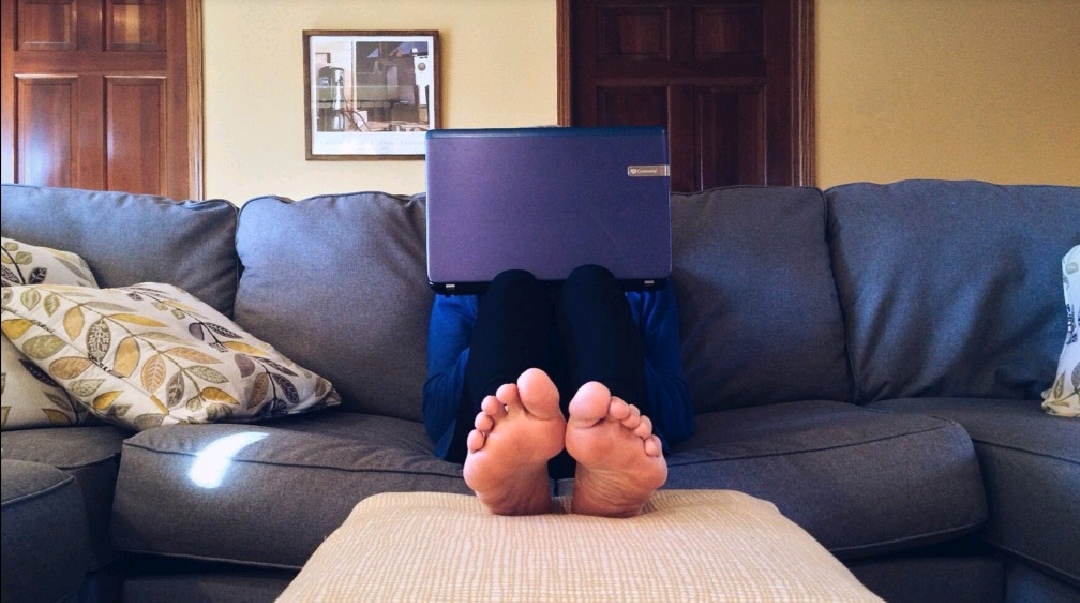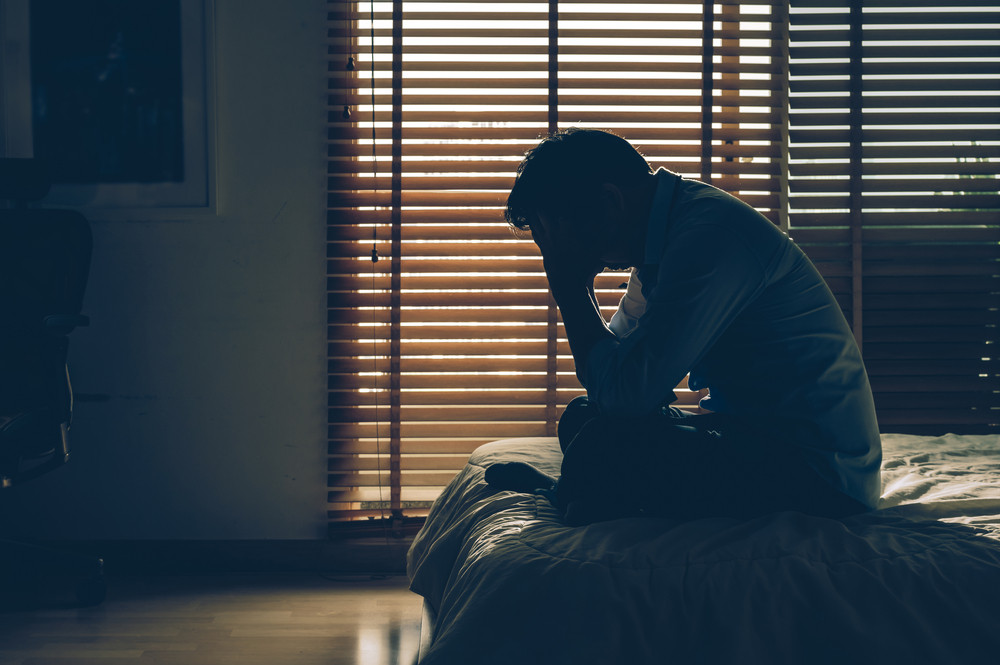 |
Image source:
businessinsider.com |
Medical circles, especially ones involved in neurological research, buzzed to life at the news of Elon Musk, unveiling his company Neuralink's progress at brain chip implant research. Although most of the concepts in the demonstration that Elon and his team held through a live stream offered no new insights for neurologists, it generated interest in this field of study.
But how is Elon Musk's "Link" supposed to work? What benefits does it promise?
Like what is depicted in science fiction, a machine will implant the "Link" onto someone's brain. Neuralink developed a machine that grafts such a chip and sews fine microwires onto the brain of test animals, which are pigs for the latest demo. The microwires will receive the signals emitted from inside the brain, and the corresponding chip will interpret these messages and execute programs based on this data, notes neuroengineering expert Dr. Curtis Cripe,
During the demonstration, viewers heard a chime come from a pig that Elon says is the auditory representation of neurons firing in the subject's gray matter. Elon hopes the technology will allow humans to solve neurological problems like paralysis, blindness, and depression.
 |
Image source:
spectrum.ieee.org |
Ultimately, Elon hopes researchers can advance the design of the chip, the size of a small coin, to the point that it can hold up to more than 10,000 microwire connections with the brain. He also hopes that a doctor can install the chip in their office in less than an hour someday. Ultimately, Elon says brain implants like the Link can aid humans to work with AI and not just be relegated as an inferior species by machine intelligence.
Many experts believe it will take decades of work before Neuralink becomes viable for widespread adoption. The current iteration foists many design problems like how microwires might survive more than a decade in the brain's liquid environment or how to make implantation surgeries safe.
Neuralink may not have delivered on the science fantasy fulfillment it promised, but experts like Dr. Curtis Cripe hope this development will lead to more investments in brain research.
Dr. Curtis Cripe serves as the research and development head at the NTL Group, which uses neuroengineering technology to repair brain dysfunction. The NTL group aims to treat addiction, head injury (TBI), depression, anxiety, memory disorders, and neurodevelopmental delays in children with learning disorders through their research. Find out more about Dr. Cripe on this page.























